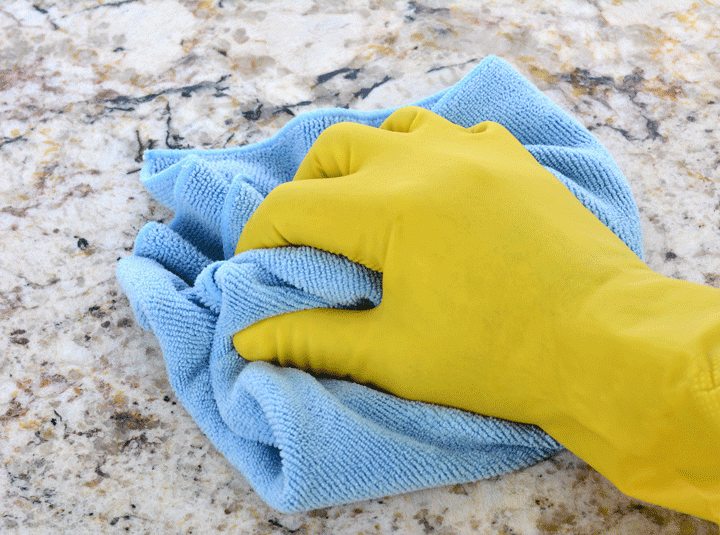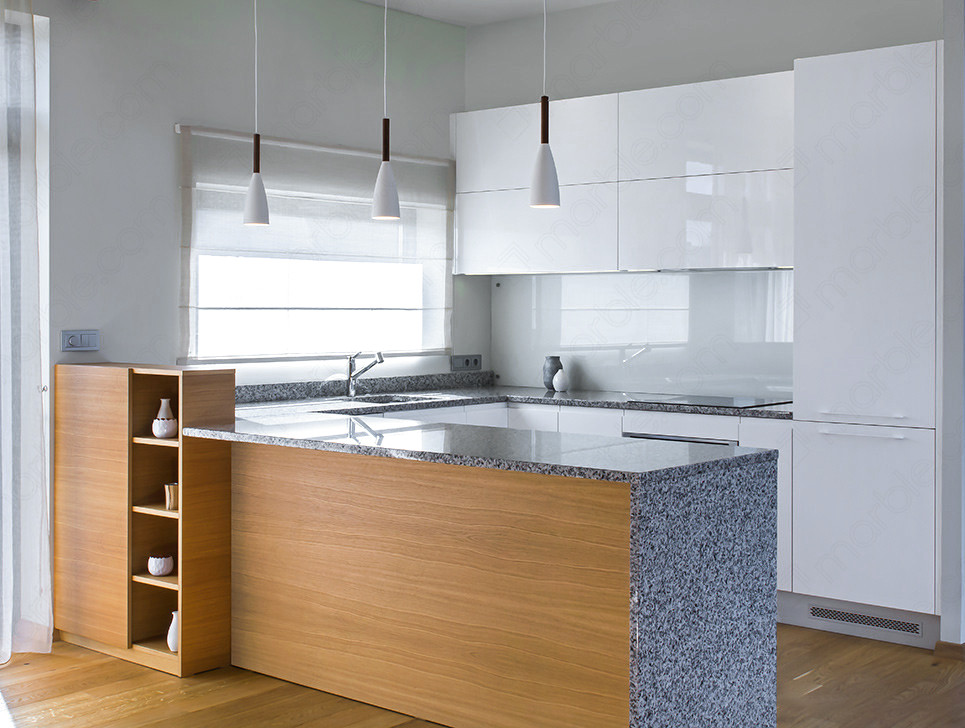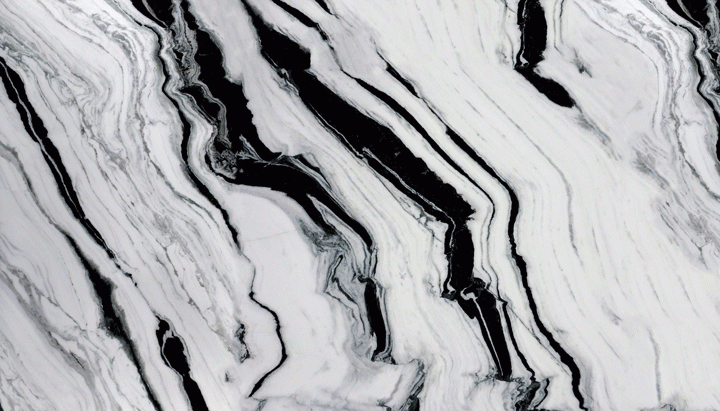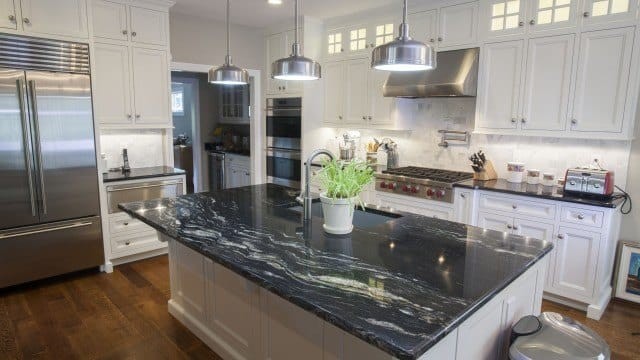
Table of Contents
Clorox is one of the most commonly used household cleaners. It is available in all-purpose cleaning fluid and in the form of disinfecting wipes. Many homeowners wonder if you are able to use these wipes to clean granite surfaces. This guide will answer that question in addition to helping you determine the best way to clean your granite.
[get_quote]
Why Are Some Cleaners Not Suitable for Use on Granite?
There are hundreds of disinfecting clearer products available on the market. However, this does not mean that all of them are safe to use on your granite. In fact, most of these cleaners are not safe to use on your granite surfaces. Below is a list and explanations of some common household cleaners that are not safe to use on your granite countertops or other surfaces.
| Clorox Wipes/Clorox Multi-Purpose Cleaner |
| Bleach |
| Windex |
| Pledge |
| Lysol |
Clorox Wipes/Clorox Multi-Purpose Cleaner
Clorox, whether it is Clorox wipes or the Multi-Purpose cleaning fluid, is not safe to use for cleaning and disinfecting your granite. The multi-purpose cleaner contains bleach, which is extremely harmful for granite and many other natural stones. The wipes are also a cleaner you should stay away from, as they contain citric acid that can cause your sealant to wear down.
Bleach
As you can tell from its inclusion in Clorox, bleach is among the worst cleaning options you can use for your granite. If you use bleach, your countertop, backsplash or other surface you are cleaning will sustain damages. Bleach can cause granite to stain as well as cause the sealant to wear off.
Windex
Windex is another common cleaner that can destroy your granite. Not only can the product cause your granite to become dull, it can wear away at your sealer as well.
Pledge
Pledge contains citric acid, which will strip the sealer from your granite. Having the effectiveness of your sealer reduced makes your granite susceptible to various damages.
Lysol
You should not use Lysol on your granite countertops, backsplashes or vanity tops. The cleaner contains harsh ingredients that can cause your sealer to lose its effectiveness. In specific, scents such as lemon contain citric acid, so you need to keep away from those. The product also has ammonia, which is extremely harmful to granite.
Formula 409
Although Formula 409 is a popular bathroom cleaner that can be used on many surfaces, avoid using it on granite. Much like the other options on this list, the product contains ingredients that can damage your granite surfaces.
What Should You Use on Granite Instead?
There are plenty of cleaners available that are safe for use on granite. To narrow down the field, this article can tell you the best on the market: The All Granite and Marble Daily Cleaner.
What is All Granite and Marble Daily Cleaner and Why is it the Best to Use?
The All Granite and Marble Daily Cleaner is a multipurpose cleaner that removes granite hazards such as grease, oils and other marks. In addition to this, the product contains an ingredient that seals as it cleans, which means using it daily will prevent you from having to use a standard impregnator to seal your granite. This particular cleaner comes in an easy to use spray bottle. To use the cleaner, all you need to do is spray it on the surface and wipe it dry.
Additional Cleaning Methods
You can clean your granite surfaces by using mild dish soap and warm water. However, keep in mind that this is not the most effective way to clean granite. Using granite cleaner can help get a deeper clean and protect the natural stone.
What Steps Can You Take to Ensure Your Granite Stays in Top Shape?
In addition to using granite cleaner, there are a few other things that you can do to make sure your granite stays in great shape. These are listed in the following table and explained below.
| Make Sure it is Properly Sealed |
| Wipe it Down with a Microfiber Cloth |
| Clean Up Spills Immediately |
| Remove Stains Immediately |
Make Sure it is Properly Sealed
Making sure your granite surface is properly sealed is very important if you want it to stay in top shape. To see if your granite is properly sealed, or if it needs to be re-sealed, there is a simple test you can perform. Apply a small amount of water to a small area of the countertop or other surface. Wait for 10 minutes. If the water beads up on the surface, that means that your current seal is still effective. On the other hand, if the water penetrates the surface and leaves a dark spot, you will know that you should re-seal the granite as soon as possible. The process of sealing is not difficult, as you can also find many products that come in a spray bottle.
Wipe it Down with a Microfiber Cloth
When you wipe down your granite surface, always use a microfiber cloth. Never use any cleaning cloth that is rough and may harm your surface.
[get_quote]
Clean Up Spills Immediately
If there are any spills on your granite countertop, backsplash or vanity top, you should clean them immediately. If you leave spills sitting on the countertop for a prolonged period of time, they will cause damage.
Remove Stains Immediately
As with spills, you will want to remove any stains from your granite immediately. This can be done using solutions that you can make at home with regular household items, such as baking soda and water. If you leave stains on your granite for too long, they can permanently ruin the look of the stone.
Making sure your granite stays clean is an important step you will need to take after installing the stone. Luckily, it is very easy to clean granite countertops or other surfaces. You will need to be careful what cleaning products you use, however. Abrasive cleaners can strip the sealer from your granite and may even damage the natural stone itself. Following the advice provided in this guide can help you know how to properly clean your granite, which will keep the stone in great shape for years to come.
















 The article helped me immensely
The article helped me immensely
 I’m now more informed on the subject
I’m now more informed on the subject
 I have questions about Marble.com
I have questions about Marble.com
 The article was not accurate at all
The article was not accurate at all
 There is a serious lack of information
There is a serious lack of information
 I have questions about Marble.com
I have questions about Marble.com